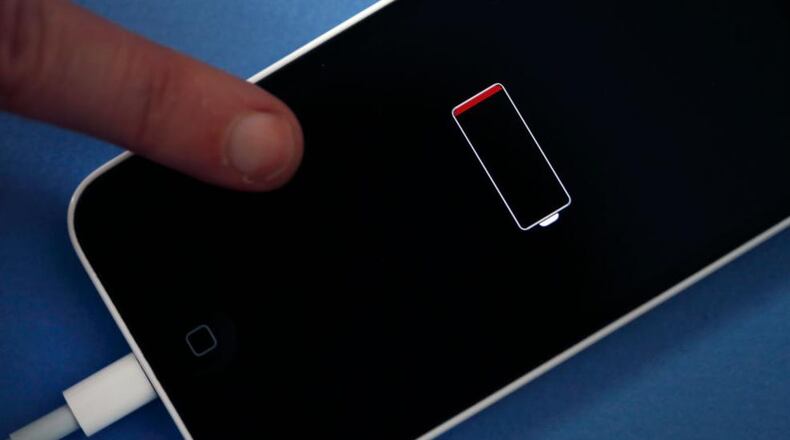Apple officials found themselves in a mess of their own making earlier this month when they revealed their iOS operating system automatically slows down the processor speeds of some iPhones with older batteries.
It had been rumored for years. Around the internet, iPhone users tested their devices as they aged and found diminished performance — with some noticing processor speeds of less than half what they should be.
Finally, Apple confirmed the practice. While they said the slowdown was to ensure a device's best performance and prevent it from shutting down suddenly in extreme weather or at low battery life, Apple owners were suspicious. They didn't have the ability to opt in or out of these performance changes, and some said the practice was just a way to trick people into buying a new iPhone.
In a public letter Thursday, Apple officials apologized again and said there has been "a lot of misunderstanding" about the issue.
The company issued the following statement:
“We have never — and would never — do anything to intentionally shorten the life of any Apple product, or degrade the user experience to drive customer upgrades. Our goal has always been to create products that our customers love, and making iPhones last as long as possible is an important part of that.”
They stick to their original defense of the practice, however, insisting that “we think sudden, unexpected shutdowns are unacceptable” and “we don’t want any of our users to lose a call, miss taking a picture or have any other part of their iPhone experience interrupted if we can avoid it.”
Later in the letter, the company pledges two changes that will affect iPhone users: the price of an out-or-warranty iPhone battery replacement drops from $79 to $29 effective January 2018, and a coming iOS update will “give users more visibility into the health of their iPhone’s battery,” probably indicating whether the battery requires replacement.
The letter does not, notably, say whether Apple will discontinue the practice of slowing iPhones with older, degraded batteries.
About the Author
The Latest
Featured


